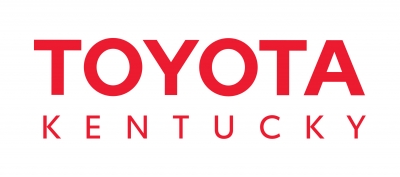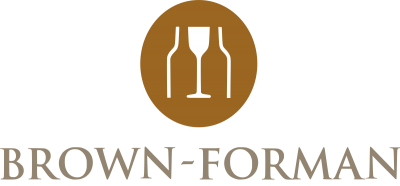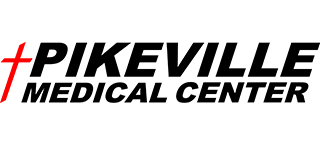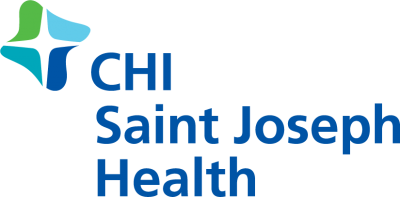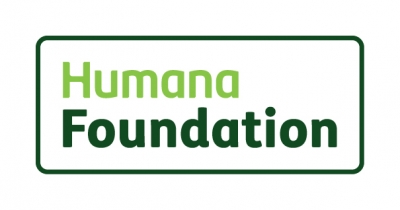October Session Recap
Leadership Kentucky, Eddyville and Paducah
Corrections & Healthcare: A Study in Contrasts
By Class Member Lourdes Baez
It’s hard to experience more of a sensory contrast than what the 2015 Leadership Kentucky class did October 21-23 in Paducah and Eddyville. From the joyful and innocent creativity of downtown Paducah’s arts and craft scene to the solemn heaviness of the maximum security prison in Eddyville to the awe inspired by the physicians and their tools at Baptist Health Paducah, I was hard-pressed not to have my mind completely blown by the emotional whiplash of those few days.
Paducah, founded in 1830, is the largest city in the Jackson Purchase region. Favored by the confluence of several waterways, the old river port and railroad hub raided by none other than General Nathan Bedford Forrest has transformed itself into a vibrant craft and folk arts city, only one of seven United Nations Educational, Scientific and Cultural Organization (UNESCO) cities. Several of us went on a walking tour of downtown Paducah learning about the Flood of ’37 and the subsequent murals capturing various iconic scenes of the town put up across the flood walls. The day closed with an old-fashioned quilting bee at the National Quilt Museum where we tried our hand at piecing and machine sewing – some with greater dexterity than others but all good!
Thursday, October 22nd found us up early with nervous anticipation of what we were going to see and who we were going to meet: the Kentucky State Penitentiary at Eddyville. This maximum-security prison’s bucolic, lakeside exterior is reminiscent of a 1920’s Catskills resort. The ominous clang of the shutting bars as we were processed in in small groups at the entrance told us otherwise however. Not many experiences prepare you for that closed-in, oppressive feeling. And even though your mind tells you intellectually that you are safe; emotionally, your gut knows that you are surrounded by people who have done very bad things and that this place for many, is their last stop on earth.
That said, the prison visit was, for me at least, the most eye-opening. I knew that our prison guards are professional, hard-working people who function and make decisions often under extreme pressure. Watching the videos of prison violence and fights was stomach-churning. Hearing the panel of the workers discuss their passion for corrections and the mental shift they all have to work towards when they leave their job and go home heightened my respect for them even more. And the panel of prisoners, one on death row, was riveting because while there were glimpses of redemption and hope, there was also the hard knowledge that some of them have taken the lives of someone’s daughter or son and perhaps, how they portrayed themselves, was not an accurate reflection of facts.
On our last day, we pivoted from a place that includes a working electric chair (with soot stains no less) and a gurney ready for a lethal drug cocktail to a place with rooms filled with multi-million dollar equipment solely focused on saving or simply improving the quality of lives of ordinary people. Baptist Health Paducah, the largest employer in Paducah, organized a day chock-full of debate on many of the major health issues of the day as well as an inventory of our own personal health scores.
In the morning, we saw divergent perspectives on the impact of expanding Medicaid in Kentucky. While it was acknowledged that more people with health insurance is a good thing, there is a legitimate policy question around who’s paying for it and if the costs are fairly distributed. Some members of the class noted that people served by Medicaid often get better services “with no skin in the game” than people on private insurance. Has the ACA been only insurance reform or true health reform? And is this current way of doing business sustainable with growing financial pressure on hospitals and doctors, especially those in rural counties?
Kentucky faces steep health challenges. One-third of our state is considered obese, we smoke a lot, and we have “the sugar.” Subsequently, our tickers have trouble ticking resulting in high rates of diabetes, heart disease, and stroke. Not to mention the staggering illegal and prescription drug problem. Baptist Health Paducah developed a plan for community health. They helped put in a fitness park and work closely with state and local officials to map out community gardens and farmers’ markets. Working with the Western Kentucky Initiative that includes both UK and U of L, they have a nationally-recognized rural doctor recruitment program that tracks students from high school through medical school. An astounding 58% of students they work with settle into practicing in rural or underserved areas as compared to the national average of 5%.
After suiting up like Walter White, we were also treated to a tour of two of the operating rooms with just phenomenal equipment that could guide a surgeon in your brain as well robotic surgery (where using my recently-acquired quilting skills, I cleverly sewed together some purple Styrofoam. Can I join your association now, Cory?) We concluded the day with a review of our personal health obtaining our BMI and learning that perhaps a Diet is not as well-advised as we originally thought.
Our time was packed and well-spent. And I’m sure I wasn’t the only one who used my long car drive home to mull over the extremes in human behavior, failure and achievement.
Thanks, Leadership Kentucky, for showing the breadth of Kentucky life.

